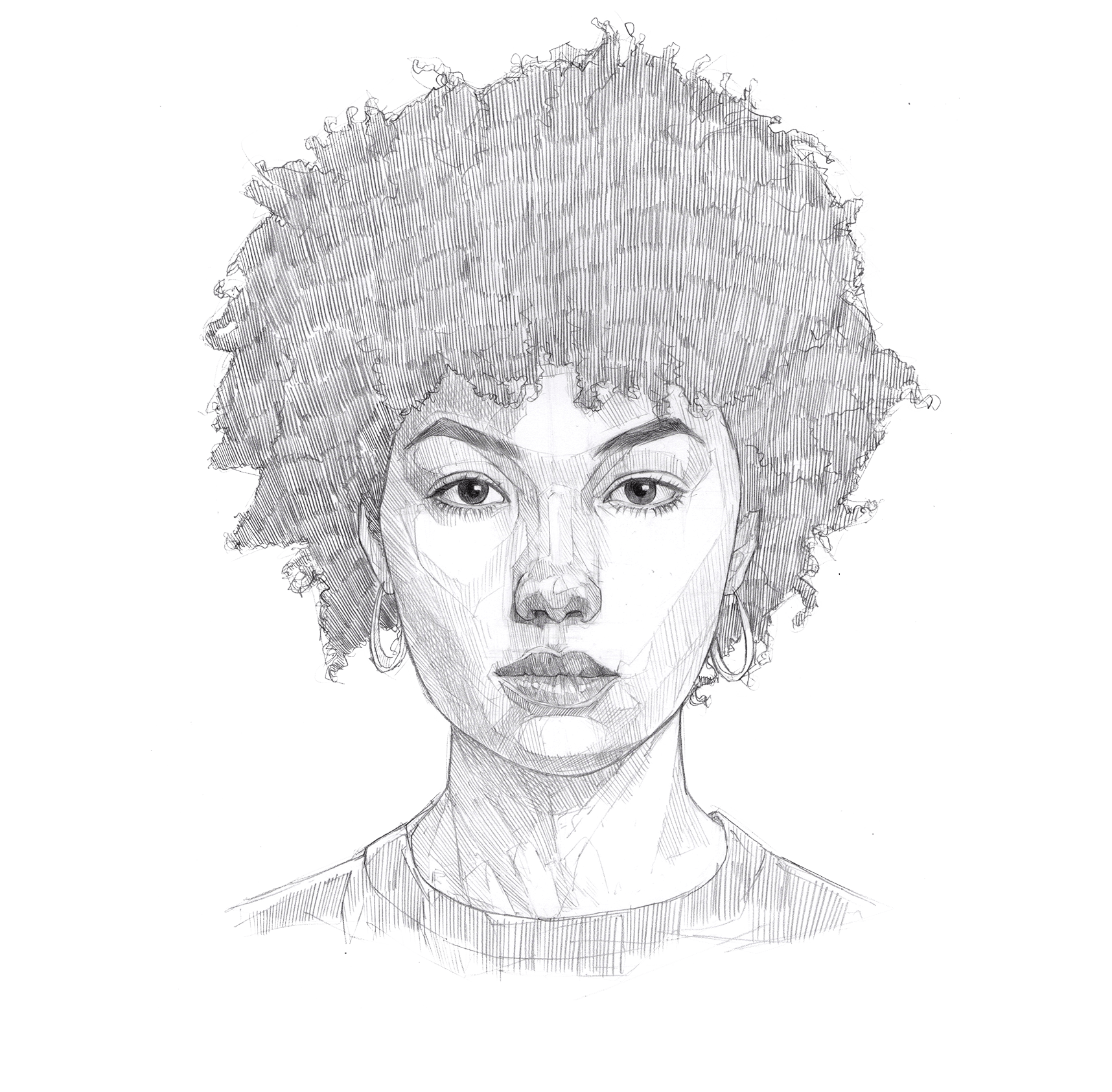Uncategorized
Participant 1: Being from the Caribbean, I don’t think there is a lot of information at all. Facilitator: Thank you so much for that point- you just mentioned that being from the Caribbean, this is…
Facilitator: When the respondent appeals, then the person goes to the board of students and all of that stuff. Participant 1: See, who wants to go through all of that? Participant 2: See, […] if…
Participant 1: So, question: Who are the people who work in there? Do they work for the school? Facilitator: Yeah. Participant1: What if they go talking to their friend and say, “oh, I have this…
I feel like there is a little bit of a gender bias, because, well, especially in the Caribbean, males are less likely to report sexual violence than females. I feel like because of that, you…
Yeah, definitely like, where do I look for this information. but also, like, who am I talking to? Because personally, I’ve been sexually harassed by a male and then going to talk to a male,…
I think this highlights the issue of feeling alone in these kinds of circumstances. I would say that as young Black leaders in the community, it is kind of on us to make sure that…
I guess I’m wondering, um, especially in light of the School of Dentistry- we all know the famous story. Like, and we know that sexual harassment [is] also quite prevalent in School of Engineering, and…
If that came out [that you were sexually assaulted] by a girl, or even a man, it doesn’t matter, I feel like the reaction you would be thinking of would be, “Wow, you let that…
Participant 1: I don’t know how to word this, but I guess, um, since we’re dealing with sensitive data, how confidential is the data once a person of colour has given information? Are they taking…
If the example is a girl got me drunk one night and took advantage of me, or sexually assaulted me, for me to come home and tell my teammates that, they might be like, “Shit,…

